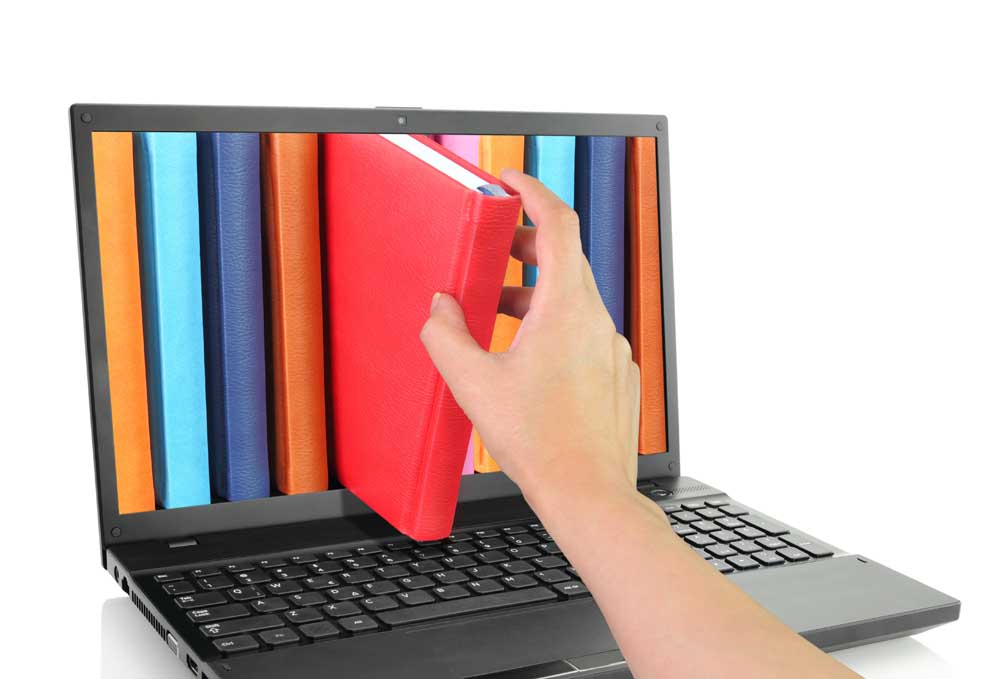Editorial: The digital battle and the Deschutes libraries
Published 6:00 am Saturday, July 23, 2022

- Digital books
Buy a new hardback at a bookstore and you might be able to pick it up for $35. Search online and maybe you can find a discount of a few dollars.
Look for the e-book version and it might be half price.
If the Deschutes Public Library goes to buy a copy of the same hardback, it can likely get it at a discounted price of 40% off. But if it wants the e-book version it can pay $75 and it doesn’t really own the book. It licenses it. It can use it for two years, or 26 or maybe 52 checkouts, whichever comes first. Then, poof! The e-book is gone and the library must buy another copy.
Does it sound fair?
For staff at the Deschutes Public Library and libraries all over the country, it’s a concern. It’s led to lawsuits. The issue of digital content and libraries is far from settled. It’s not even an uneasy truce.
Some people can buy whatever books they want. Libraries try to serve everyone. They offer books, e-books, music, movies and more. They promote literacy, learning and the price is fantastic. Yes, people pay for the county library through property taxes. But at checkout, it’s free.
Publishers and some authors are worried about how e-books or other digital content shared through libraries could eat into their profits. They do deserve to make a profit. But how should the relationship with libraries work?
In Maryland, the state passed a law requiring publishers to distribute digital works to libraries at “reasonable terms.” The state would set those reasonable terms. Publishers challenged it and won in federal court in June.
Four of the major book publishers have also challenged the operating model of Internet Archive’s Open Library. The Open Library scans physical books it owns. It loans out copies of the e-book version one at a time online. It doesn’t charge. Publishers argue the Open Library is infringing on their copyrights.
E-book demand has sort of settled at the Deschutes libraries after exploding in growth when they became available. It’s hard to predict the future or e-book demand relative to physical books for libraries or anyone else. Emily O’Neal, the technical services manager for the Deschutes Public Library, did tell us something we found interesting. Many younger readers favor physical books. They are plenty tech savvy. She said it might be screen fatigue, the absence of electronic interruptions while reading, the different physical sensation or many other reasons.
For now, there are a lot of ways you can access digital materials at the library. You can go to the library’s website. You can also download the app, which works through OverDrive. And if you can’t find what you are looking for there, you may want to try the Hoopla website or app. You can use your Deschutes Library card to access that, as well. The library does include about 500 titles from Hoopla into its version of OverDrive. It doesn’t include all of them, because it could overwhelm the system. We haven’t even mentioned movies, music and audiobooks. Or ensuring people have access to the technology to access digital materials. There is more information on the library’s website about all this. Or call them. They are happy to help.
And remember, they are happy to take suggestions about what books they should add to their collection. Go to deschuteslibrary.org/about/contact.






